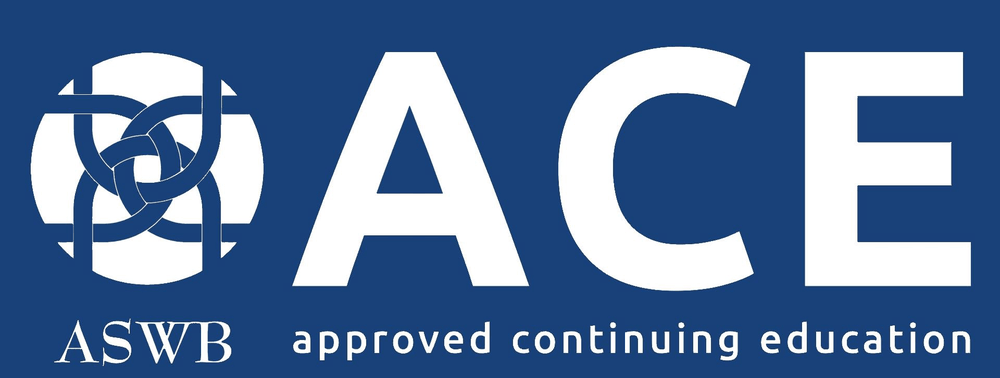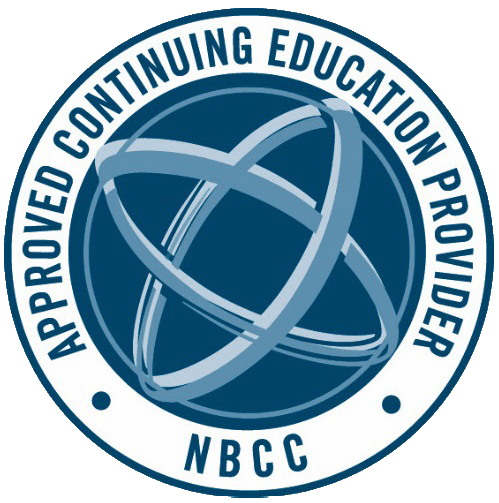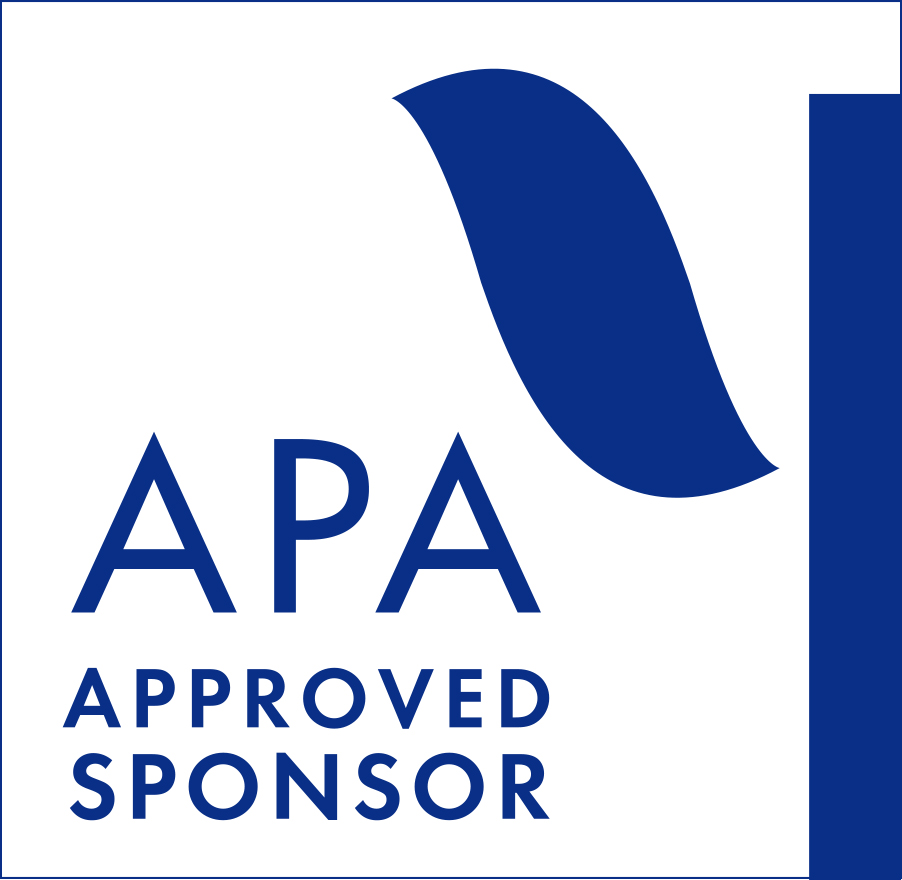Overview
 Core Components and Skills for Trauma Informed Practice
Core Components and Skills for Trauma Informed Practice
A Program to Provide Evidence-Based Training for Mental Health Professionals Working with Trauma
The online Core Components and Skills for Trauma Informed Practice course promotes understanding and use of twelve trauma-informed practice elements and skills for use in the treatment of children, youth and families exposed to trauma. Meeting the needs of growing numbers of children and families exposed to childhood traumatic stress requires an evidence-based practice approach. Our case-based curriculum increases the capacity of current and future mental health practitioners to provide effective, culturally relevant treatment to traumatized children and their families.
As part of the National Child Traumatic Stress Network, the National Initiative for Trauma Education and Workforce Development is committed to raising the standard of care and improving access to services for traumatized children, their families, and communities. Mental health practitioners in behavioral health centers across the country are the primary audience for the online course, although practitioners in other child serving systems will find it relevant. The course can be accessed via a platform on the University of North Carolina School of Social Work Website (insert link here), is free, and upon completion psychologists, social workers, and licensed mental health counselors receive 4.5 continuing education credits.
To better address the training needs of Mental Health Professionals, we have created the no-cost online training: Core Components and Skills for Trauma Informed Practice located at Behavioral Health Springboard at the University of North Carolina School of Social Work.
Module 1: Trauma Informed Assessment
Module 2: Psychoeducation
Module 3: Safety Planning
Module 4: Family Interventions
Module 5: Relaxation
Module 6: Affect Regulation
Module 7: Homework
Module 8: Non-verbal Interventions
Module 9: Cognitive Restructuring
Module 10: Behavioral Regulation
Module 11: Trauma Processing
Module 12: Termination Rituals
Target Audience
This 12-module self-paced intermediate level course is for Mental Health Professionals who are working with clients that have a history or are displaying symptoms of trauma. The course takes approximately 4.5 hours to complete.
Modality
This course consists of 12 online self-paced modules, each approximately 15 minutes, and 3 case introductions, each approximately 10 minutes. Participants must complete all 12 modules, their respective quizzes, and a pre and post-course survey to receive a certificate of completion.
Training Details
Module 1: Trauma Informed Assessment
This module is designed to prepare clinicians to assess the history of trauma exposure for children and families and to evaluate the manner in which client functioning is impacted by a history of trauma.
Learning Objectives
Participants will be able to:
- Demonstrate an understanding of the purpose of psychoeducation.
- Identify important components of psychoeducation.
- Demonstrate the ability to consider the client’s reaction and the pace of psychoeducation in prioritizing psychoeducation for the client.
- Identify the relationship of psychoeducation to trauma assessment.
Module 2: Psychoeducation
This module will explore activities undertaken for the purpose of normalizing or providing information about trauma, its impact, and/or the reasons for a particular treatment process, procedure, or model.
Learning Objectives
Participants will be able to:
- Demonstrate an understanding of the purpose of psychoeducation. Identify
- important components of psychoeducation. Demonstrate the ability to
- consider the client’s reaction and the pace of psychoeducation in
- prioritizing psychoeducation for the client. Identify the relationship
- of psychoeducation to trauma assessment.
Module 3: Safety Planning
This module will explore optimal techniques in Safety Planning to help clients achieve both physical safety and psychological stability. A focus will be placed on strategies for trigger identification and client emotional stability.
Learning Objectives
Participants will be able to:
- Explain the relevance of safety planning.
- Identify the components of safety planning.
- Describe how the identification of triggers and predictable stressors and strategies is a universal element of safety planning.
- Identify strategies to achieve internal emotional, behavioral, or cognitive stability when the child is at risk of immediate harm of self-injurious behavior.
Module 4: Family Interventions
This module will discuss a family collaborative approach to Trauma Informed therapeutic practices, including promoting cohesion amongst family members to provide and support enhanced stability.
Learning Objectives
Participants will be able to:
- Demonstrate an appreciation of how collaborative interventions are used to promote and build interconnectedness, cohesion, and collaborative coping mechanisms among family members.
- Identify goals and objectives for trauma informed family approaches.
- Demonstrate an understanding of the usefulness of correcting unhelpful cognitions as part of the role for family interventions.
- Describe how trauma-focused family interventions support stability and predictability.
Module 5: Relaxation
This module will present the use of centering or grounding techniques to promote well-being and decrease the negative effects of stress on the body.
Learning Objectives
Participants will be able to:
- Demonstrate an appreciation of the fact that anxiety in a traumatized child is common and reflects affect regulation difficulties.
- Demonstrate an understanding of the purpose of a strategy like breath-training.
- Recognize that relaxation is more effective when there is a strong therapeutic alliance.
- Identify appropriate times in a session for the use of relaxation strategies.
Module 6: Affect Regulation
This training will present interventions to manage difficult affect states, tolerate, and sustain connection to emotional states or arousal, manage feeling comfortably and effectively, and apply appropriate self-soothing skills for various settings.
Learning Objectives
Participants will be able to:
- Demonstrate an appreciation of the fact that affect regulation capacity is associated with a child’s history of attachment relationships.
- Exhibit an understanding of the purpose for which affect regulation is used.
- Identify a number of affect regulation interventions.
- Describe how affect regulation skills typically increase with treatment intervention.
Module 7: Homework
This training will introduce Homework as a therapeutic tool. Strategies for using homework to improve the relationship between child and caregiver, as well as using homework to reinforce the content of therapy sessions, will be explored.
Learning Objectives
Participants will be able to:
- Describe the role and purpose of homework in treatment.
- Identify the manner in which homework can be utilized to support and facilitate expression of trauma-related feelings.
- Demonstrate an appreciation for the role of practice and/or preparation of homework in sessions.
- Describe how homework can be used to improve the relationship between the child and their caregiver(s).
Module 8: Non-Verbal Interventions
This training will demonstrate the use of non-verbal interventions in client engagement as well as in sessions to advance therapeutic work.
Learning Objectives
Participants will be able to:
- Describe the purpose of non-verbal interventions.
- Identify when a non-verbal intervention should be used in therapy with a traumatized child.
- Demonstrate an understanding of the various roles for the use of non-verbal interventions.
- Identify examples of non-verbal interventions.
Module 9: Cognitive Restructuring
This training will identify interventions to challenge and correct inaccurate cognitions, as well as strategies help child process, and integrate traumatic memories, and reinforce accurate cognitions about the trauma.
Learning Objectives
Participants will be able to:
- Identify skills or competencies included in cognitive restructuring.
- Describe strategies for teaching cognitive restructuring.
- Describe the attributes of cognitive restructuring.
- Demonstrate an understanding of the usefulness of identifying inaccurate and/or unhelpful thoughts.
Module 10: Behavioral Regulation
This training will demonstrate activities undertaken to support adaptive behavior and replace inappropriate behavior.
Learning Objectives
Participants will be able to:
- Describe how thoughts and feelings can impact behavior.
- Describe components of behavioral regulation.
- Identify behavioral regulation strategies.
- Demonstrate an appreciation of the fact that, for traumatized youth, activities undertaken to support adaptive behavior is appropriate.
Module 11: Trauma Processing
This training will display interventions designed to develop a coherent, integrated understanding of the trauma and includes activities to identify worse moments, identify unhelpful thoughts, unpair thoughts, reminders or discussions of the traumatic event from overwhelming negative emotions and mastering or re-integrating traumatic or painful memories.
Learning Objectives
Participants will be able to:
- Describe the purpose of trauma processing.
- Appreciate how triggers can lead to sudden emotional or behavioral change.
- Describe the key components of trauma processing.
- Identify the kinds of cases for which trauma processing may be an extended therapeutic phase.
Module 12: Termination Rituals
This training will provide information regarding activities to assess and evaluate treatment, prepare for next steps, and help child, parent and family make meaning of experiences at the end of a session or the end of treatment.
Learning Objectives
Participants will be able to:
- Identify the purpose of an end-of-session termination ritual.
- Demonstrate an understanding of how termination rituals can help with the assessment and evaluation of treatment.
- Demonstrate an appreciation of the fact that consistency in sessions is important.
- Describe how termination rituals can help prepare a client for next steps.
Register
- Please be sure to be logged on to the BHS site.
- Take some time to read over the course guide and understand what is needed to complete this course. There are 12 modules, 12 assessments and surveys.
- Click to button below to enter the course. The course will open in a new tab.
- You can always re-visit the course by visiting your "My Courses" tab on your account page.
Presenters
Project Directors and Co-Investigator

Virginia Strand, DSW
Virginia Strand is a Research Professor at UNC School of Social Work and formerly a Professor at Fordham University Graduate School of Social Service. She has over 35 years of experience in social work practice, research, education and training, with a recent focus on assisting community-based agencies implement evidence-based trauma treatment. Dr. Strand has authored over 30 journal articles and is co-editor of a recent text on Trauma Responsive Child Welfare Systems. She is currently the co-director, with Dr. Bledsoe, of the NCTSN Category II National Initiative for Trauma Education and Workforce Development at UNC School of Social Work.

Sarah E. Bledsoe, PhD, MPhil, MSW
Sarah E. Bledsoe is associate professor at the University of North Carolina at Chapel Hill School of Social Work. Her practice-based research reflects over two decades of experience conducting community-based and national studies to strengthen the mental health of adults, adolescents, children and families, particularly those surviving poverty and discrimination. She has expertise in mental health services research, mood, anxiety, trauma, and perinatal depression, evidence-based practice, implementation science, and cultural adaptation. Dr. Bledsoe is co-Director of the National Initiative for Trauma Education and Workforce Development, a SAMHSA-funded NCTSN category II center, with Dr. Strand.

Trenette Clark Goings, PhD
Trenette Clark Goings is the Sandra Reeves Spears and John B. Turner Distinguished Professor at UNC School of Social Work and founding director of the INSPIRED Lab at the University of North Carolina at Chapel Hill. Her research focuses on racial and ethnic health disparities with a primary emphasis on the epidemiology, etiology, and prevention of substance use and other risky behaviors among youth and emerging adults of color. Dr. Goings is an international expert in substance use prevention among youth and emerging adults of color. She is currently principal investigator of two major grants funded by NIH/NIDA and SAMHSA. Dr. Goings is a Co-Investigator for the National Initiative for Trauma Education and Workforce Development.
Continuing Education
CONTINUING EDUCATION
The UNC School of Social Work has been approved by NBCC as an Approved Continuing Education Provider, ACEP No. 6642. Programs that do not qualify for NBCC credit are clearly identified. The UNC School of Social Work is solely responsible for all aspects of the programs. The successful completion of this online course qualifies for 4.5 contact hours.
The UNC School of Social Work, provider number 1406 , is approved to offer social work continuing education by the Association of Social Work Boards (ASWB) Approved Continuing Education (ACE) program. Organizations, not individual courses, are approved as ACE providers. State and provincial regulatory boards have the final authority to determine whether an individual course may be accepted for continuing education credit. The UNC School of Social Work maintains responsibility for this course. ACE provider approval period: 8/10/2025-8/10/2028. Social workers completing this course receive 4.5 continuing education credits.
The UNC School of Social Work is approved by the American Psychological Association to sponsor continuing education for psychologists. The UNC School of Social Work maintains responsibility for this program and its content.
POLICIES & ADA ACCESSIBILITY
If you require any of the auxiliary aids or services identified in the Americans with Disabilities Act in order to participate in this program, please call us at (919) 843-6083, or e-mail us at bhs-support@unc.edu. Websites and courses have been developed in compliance of US Section 508 standards where applicable or meeting W3C priority 1 guidelines for web accessibility.
Please contact bhs-support@unc.edu with any questions or concerns regarding this course.
Course Evaluation and Certificate of Completion
Upon finishing each module, participants will be directed to complete and pass a post-quiz (the passing score is 75%). Once completing all modules and quizzes in this course, participants will receive a certificate indicating completion of the course. A .pdf version of the Certificate of Completion can be generated by participants to save or print.





